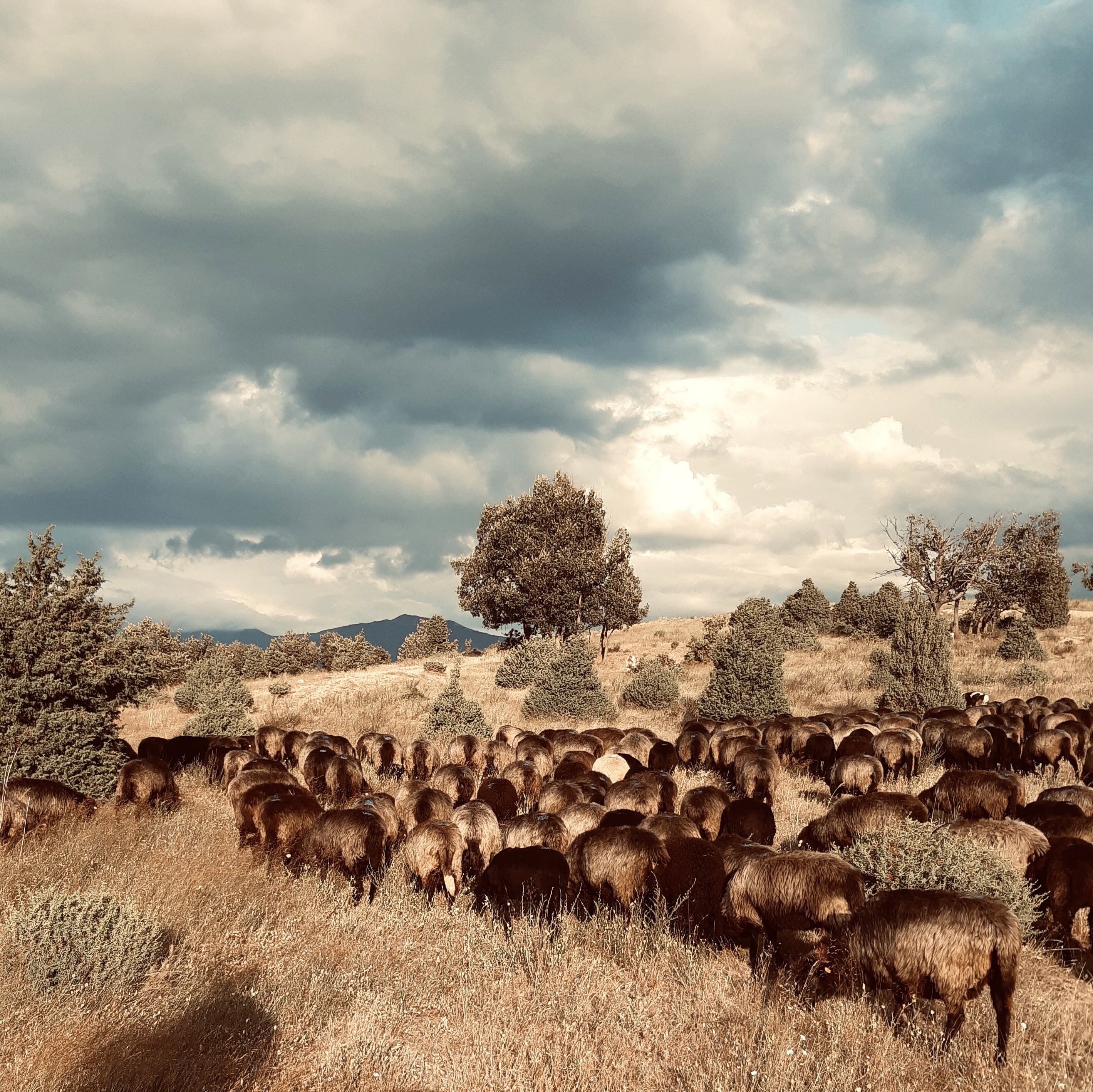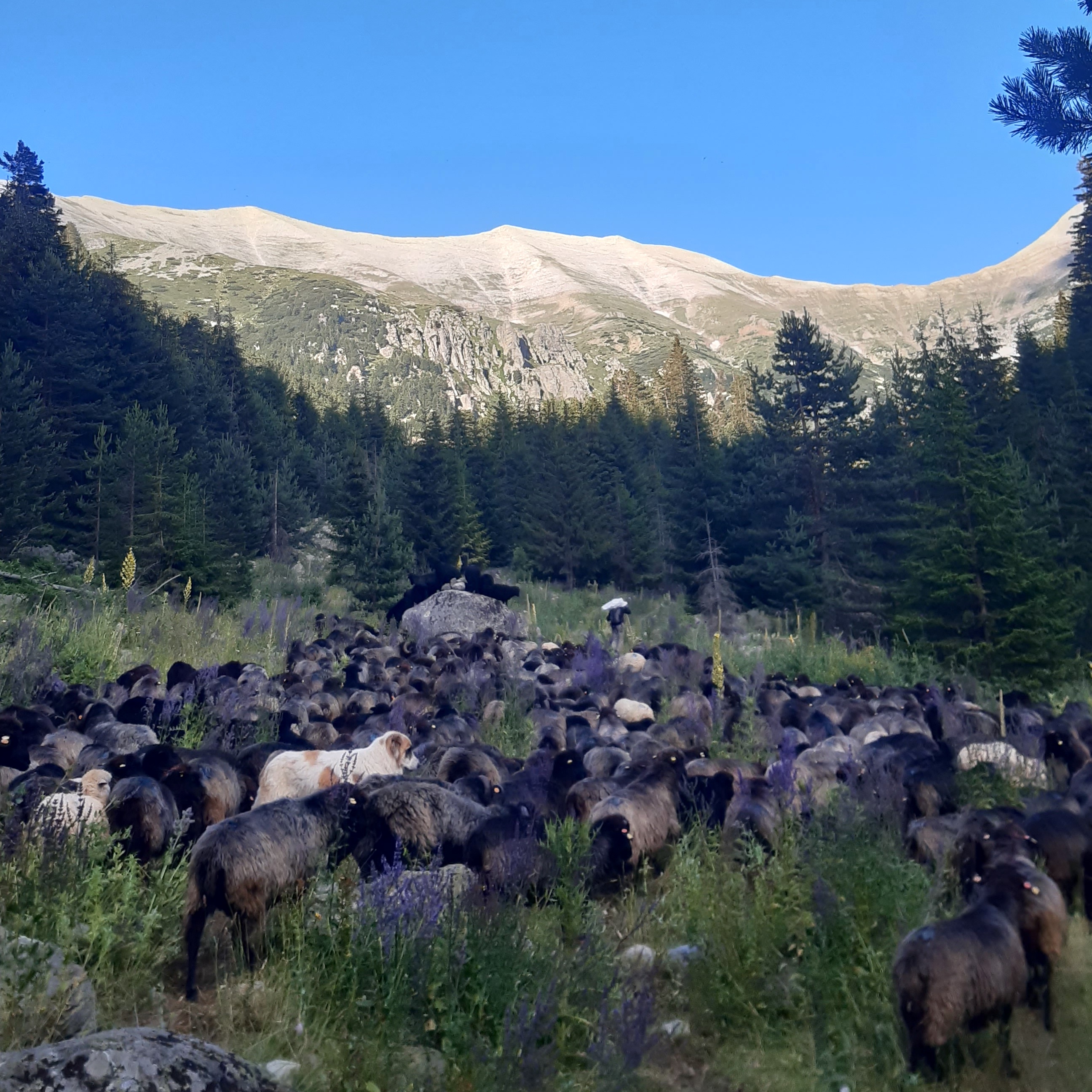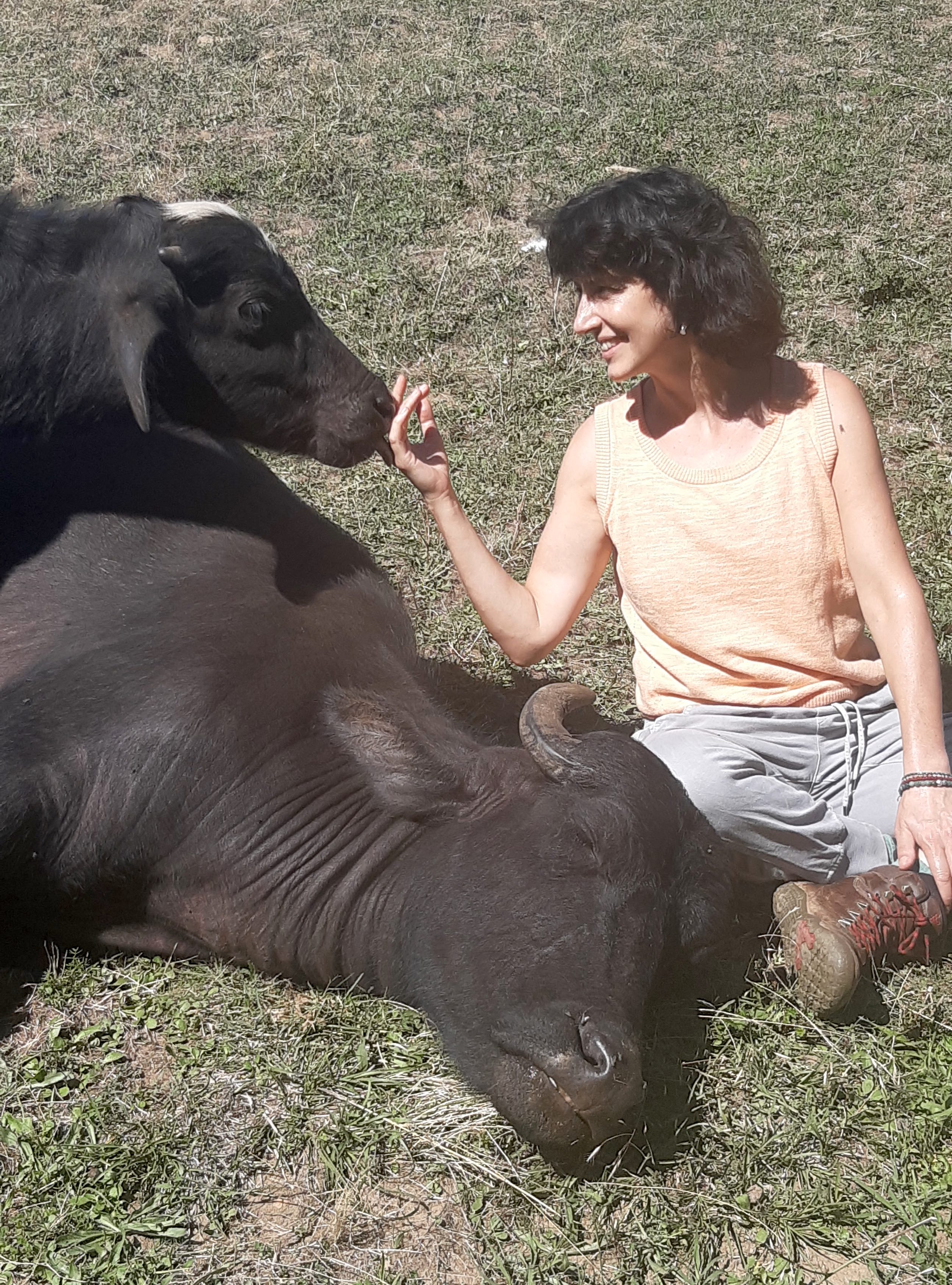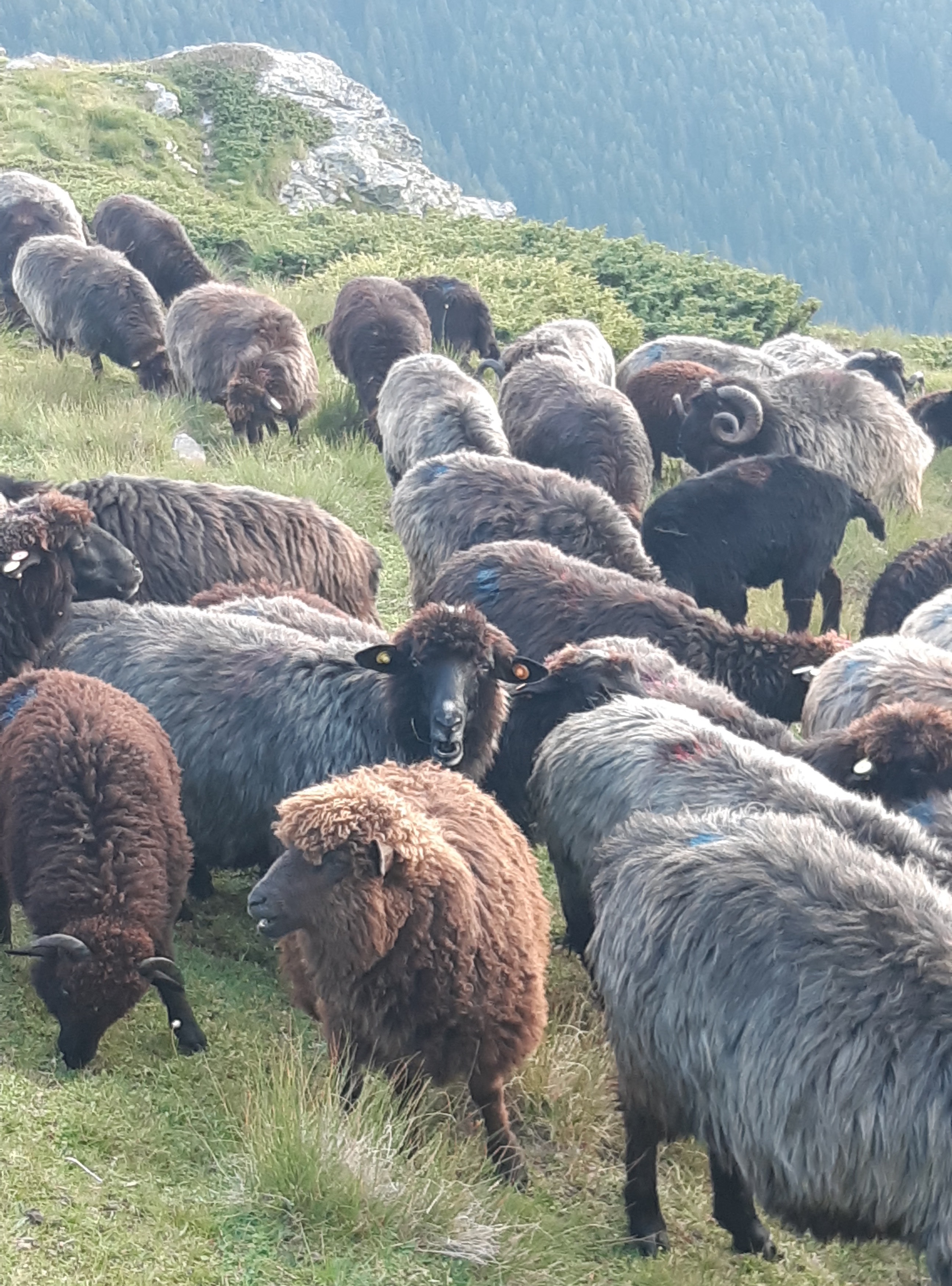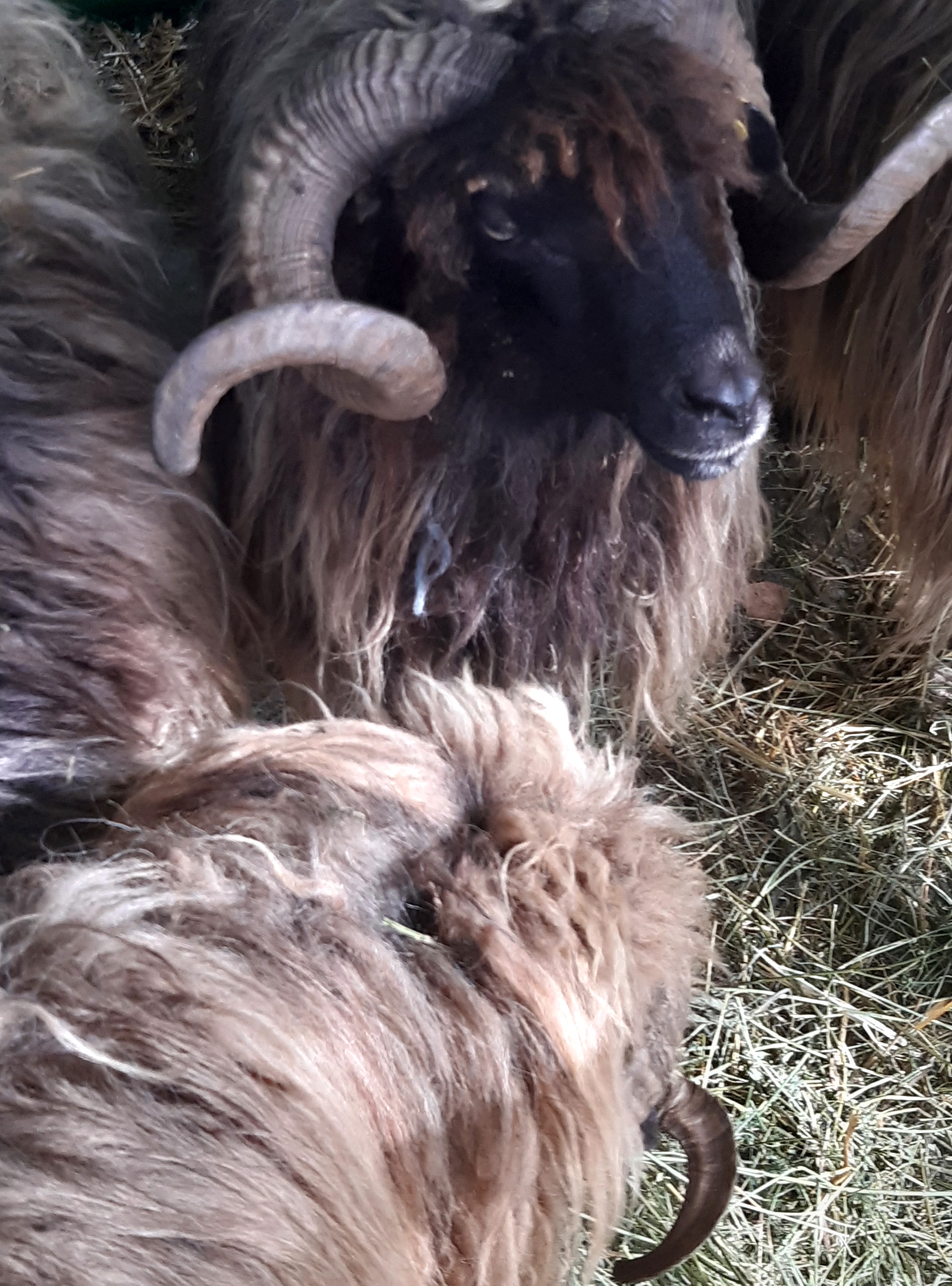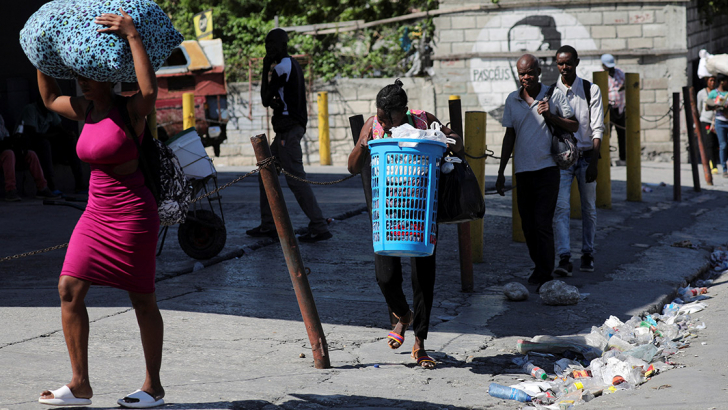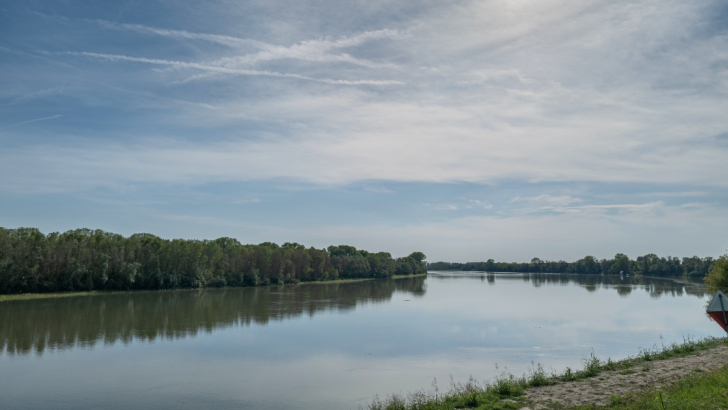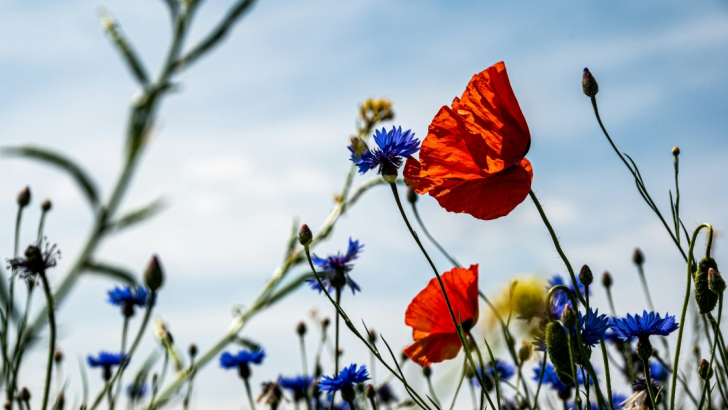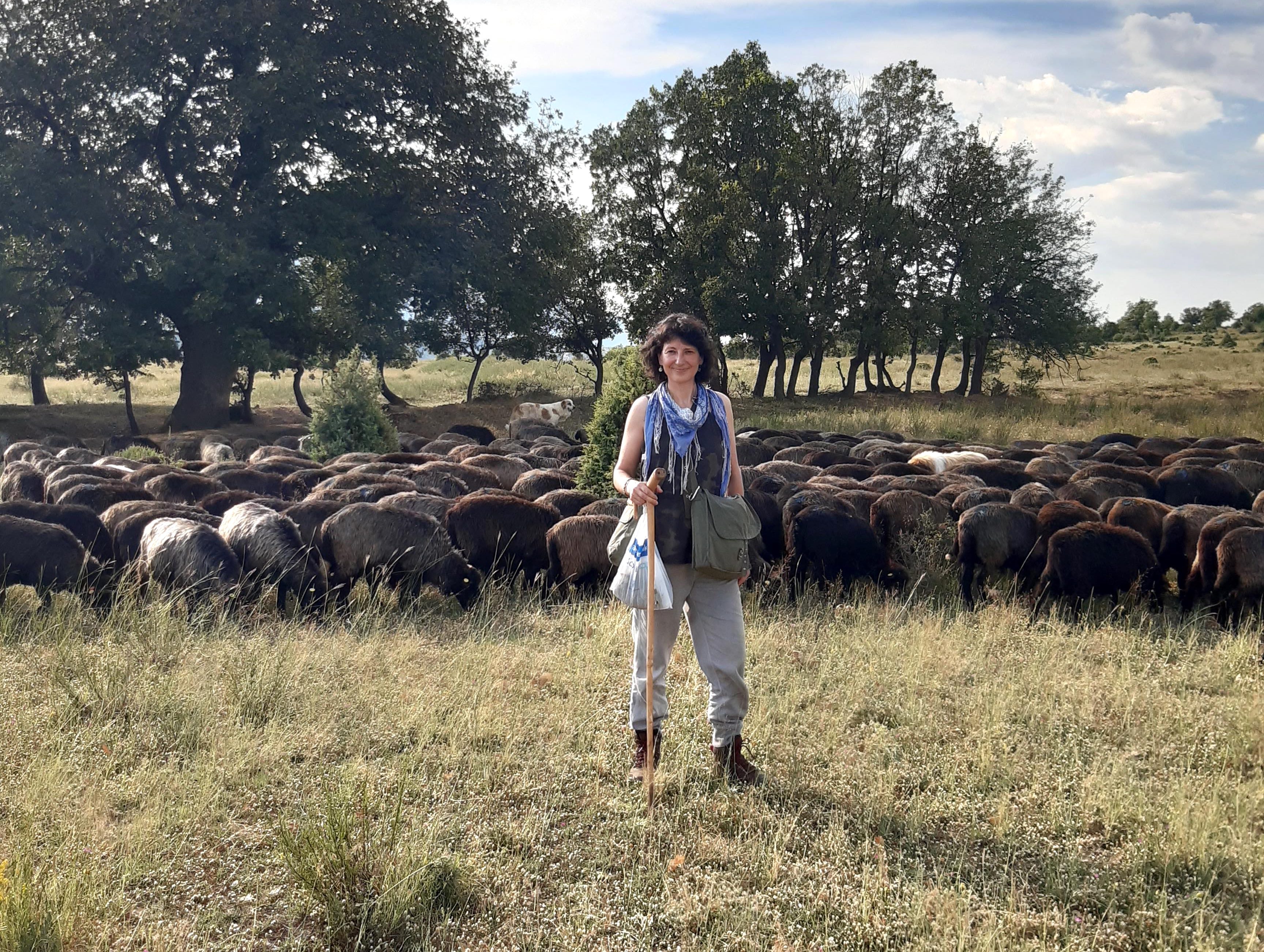
Picture: (C) Kapka Kassabova
“The transhumant movement is exactly what the term says: it traverses the land, moving like a symphony on the stage of the earth. Everyone has an instrument and plays to the same score”. This sentence, taken from Anima - A Wild Pastoral by Kapka Kassabova, sums up much of the author’s themes and poetics. Landscapes and stories, people and other living beings, margins and changes, all told with the unmistakable voice and empathy that characterizes the Bulgarian-born poet and writer.
We interviewed Kassabova on the release of her fourth and last book dedicated to the southern Balkan regions, particularly those between Bulgaria, Macedonia and Greece (the other volumes are Border, To the lake and Elixir). Anima’s story has as its backdrop the Bulgarian Pirin mountain range, where the author lived for long periods alongside the local shepherds, the last witnesses of an ancient way of life undermined by capitalism and modernity: we start from here to explore some of the themes that permeate her literary production.
How does Anima fit into the “Balkan tetralogy” and when did this latest book come about?
This whole quartet of books has just happened naturally. Each book emerged from the previous one: unplanned, but at the same time inevitable. And it was really the places that called me, so in the previous book (Elixir) the eastern part of Pirin features quite heavily. While this time, for Anima, I returned to that mountain, but on the western side. And the call of the place, of that particular mountain, was crucial.
But also, my growing interest in pastoralism, and in what it’s like to live in a mountainous area with grazing animals. I kept meeting people, in the last ten years while I was spending time in these different parts of the southern Balkans, who really look like the last of the pastoral people. They live in places which were once animal cities and are now empty hills with the odd flock, here and there. So, I realized I wanted to know more, to learn about this way of life in the past, but especially in the present. And I wanted to write about it, and that’s how I ended up writing Anima, or really living Anima. Since for me, living and writing are sort of two sides of the same coin: I can’t separate the living from the writing, it’s a continuous act.
For Anima, you lived with the Karakachan shepherds, while in Elixir you met many Pomaks (Balkan Muslims of non-Turkish ethnicity), both peoples seem to be marginalized and almost obliterated by modernity: where does this interest in marginal communities come from and what was it like to live with them in the Pirin mountains?
I think they are kind of marginalized or forgotten, they are the invisible people. And I think the last pastoralists of Europe (even if we don’t know that they are the last ones) are marginalized and invisible because animals have become marginalized and invisible in our industrialized society. They go together: the animal people are a kind of bridge between our industrialized world and nature, and of course nature is incomplete without animals. But we have forgotten our land, and our animals, and the animal people, those who still care for grazing animals and live that life. And I think this forgetting is very recent, since the industrialization of our societies in the last 200 years in northern Europe, 100 years in southern Europe. This is why in southern Europe there is still some pastoralism left, in Italy, Switzerland, France, and of course the Balkans, the homeland of pastoralism. Where there is more of it left because these are less industrialized places.
What drew me to it is simple instinct, I’m instinctively drawn to vitalizing experiences where I can also learn something about which I know nothing: I love being a beginner. And, of course, I’m an experiential writer, so I need to be experientially moved and inspired by a place and its people to want to spend two years of my life researching this. So, it starts with an experience, with a place, with an encounter. And it was the same here, meeting these shepherds in different parts of the Balkans and realizing they are like “pariahs”, outcasts of society
And together with the shepherds you met their dogs, the pages about them are very moving...
I have also developed an interest in the Karakachan sheep guarding dogs, this breed of dogs is the key to this story, and dogs are the key to all pastoralism. So, from there the story and the experience unfolded: I started learning about the history of these dogs, of these sheep, the history of pastoral nomadism. It’s important to stress that there are no more pastoral nomads left in Europe, that way of life has been extinct. However, there is moving pastoralism, and that’s different from nomadic: moving pastoralism is seasonal pastoralism, and we still have that in southern Europe and in some parts of Scandinavia.
Then Anima is about seasonal pastoralism, it focuses on one particular and very small community in western Pirin, and the few individuals who have been instrumental in reviving the ancient Karakachan breed of dog and sheep. And it started from there, I’ve always been interested in people who move, and the history of the Karakachan nomads (and the other pastoral nomads I discovered in my research) is epic. It is epic, exciting, tough, and it is ancient, since it’s been going on for 10-11.000 years since the first sheep and goat were domesticated.
Of course, “domesticated” turns out to be a relative term, because these sheep are pretty wild and all grazing animals are by nature wild animals, so domestication is relative. And this form of seasonal pastoralism has a very wild and unpredictable aspect to it: you’re not really in control. As a shepherd or as custodian of these animals, you are in charge, but you’re not in control. And really, the book became an exploration of the wild self, the wilderness in all its aspects. Because the meaning of wilderness is that you are not in control, and I guess I was willing to explore that to its limits. To my limits.
Animals are the real protagonists of Anima (as plants were in Elixir): living in close contact with them, what did you learn about them, or from them about yourself?
Elixir and Anima were both journeys: one was about the plant people, the other is about the animal people. And I think in both journeys, what I learned was the extent to which we have been separated from our fellow creatures on this planet: plants, animals, places. We have been separated from the land, that’s why we are ailing.
So, I’ve been really asking questions: how do we live? What does it mean to be truly alive? Spending time with animals, with dogs and a large flock of sheep, and also surrounded by predators in the Pirin mountains, where all the components of a healthy ecosystem are still there: that is what it means to me to be alive…
These are big questions that we’re all grappling with right now: what have we done to our planet and to ourselves? How do we remember who we are? How do we reconnect with the very principle of life? And I think anyone who has a dog, or has any contact with animals, knows the vitalizing effect of that relationship.
The question really opens up from there, it’s a huge question also about different breeds of animals. For example, new hybrids are less capable of looking after themselves in the wilderness, while some of the older breeds are closer to the original wild ancestor. Like the Karakachan sheep, an ancient breed of mountain sheep, or the Karakachan dog that are also quite close to an old breed of Asian dog, similar to the Tibetan mastiff. So, it seems that the more domesticated an animal is (as in, for example, industrial farming) the more they are like industrial humans, incapable of looking after ourselves. We can’t survive in the wilderness anymore, we can’t tell what it’s food and what it’s poison, we have to be given everything on a plate, sterilized, prewashed.
And I guess the great inspiration, the vitalizing effect of living the pastoral way, it’s been a great gift, and it has also restored my faith in our ability to reconnect. Movement is in our DNA, moving across the land with animals, with companions (doesn’t matter if they’re humans or non-humans). Moving across the land, which is what “transhumance” means, it’s in our DNA. The way storytelling, the need to tell stories and listen to stories, is in our DNA. We need it to survive, we need it just to stay human, and I think it can be rekindled, it can be restored. It’s part of our fundamental freedom, the freedom to move across the land, we need to reclaim it. The book Anima, this whole experience, for me was my way of reclaiming my fundamental, human freedom to move across the land.
In 2019 transhumance was included by Unesco in the list of Intangible Cultural Heritage, but in a world with increasingly difficult borders to cross (especially for some people) how can these practices survive? If it is not already too late...
The Unesco recognition is good, but I think all that it’s done is to turn pastoralism into a museum piece, but that’s not what’s needed. What's needed is several things need to happen: one is to raise our collective awareness of these other ways of living, to be a pastoralist or even to be a farmer is a way of life. Becoming more aware that these ways of life still exist and offer something to us: it has spiritual, cultural and ecological value to us, which can be measured in a way. And it has a practical value, in that it produces the cleanest food possible.
The other thing that needs to happen is policies need to change to encourage small scale producers, and this is one of the biggest struggles for us now. I think we just need to fight for a return to a smaller scale, to the old motto “small is beautiful”, but small is also sustainable. And that is part of the human ecology that has a future, everything else does not have a future. Everything else has a past, but human ecology has a future. I feel that, and pastoralism is a part of that human ecology.
I think we as citizens, as individuals and communities (and I hope that my book will help raise awareness) we need to challenge our politicians, the various corporations that infringe on our land, on our cities and countryside. We need to challenge them, even when they present themselves as renewable or green (which they most of the time are not), because they are still using the old industrial methods of extracting the land and profiting from the land. So, we need to simply push our governments and our local authorities and raise our voices and stand for our animals and our animal people in our land. I think it’s quite a practical and political issue.
On top of everything else that pastoralism represents, it is not a museum exhibit. I think if we lose pastoralism, we will lose a whole lot of other things because everything is connected. And I think we are seeing now that industrial farming is not sustainable as well as immoral. It is an inhumane practice.
We have seen that supply chains are very vulnerable and can break down because there’s conflict, there are borders, there are environmental crises or catastrophes. This global supply chain where you go into a supermarket in Italy and you buy lamb from New Zealand, but for how long? So, this is a huge issue about supply chains, and I touched on it in Elixir when I looked at the supply chain of plants and mushrooms and other gourmet foods.
I think really it comes back to relationship. What kind of relationship do we have with our environment? Including the things we consume. And I think where there is relationship, there is accountability, traceability, there’s an ethos and sustainability. Where there is no relationship, the lamb in the supermarket comes from a large abattoir and the mass slaughtering of animals… that’s why I think the key word is relationship. And Anima is a story of relationships.
You describe the Pirin in all its powerful beauty, but living there is by no means an idyll: it’s a hard existence in a difficult environment, people are exhausted, they don’t get paid enough for their work, and the value of what they do is not recognized... How did you feel being up there? And what was it like to return to so-called normality?
In pastoral culture there’s a whole vocabulary, and this concept of the upper world and the lower world. The upper world is the alpine pastures, the summer pastures, and the lower world is when you come down for the winter. Of course, there’s a symbolic meaning to this as well: the upper world is where the air is thinner, it’s more about survival. And, as the hired shepherd Sasho (one of the main characters in Anima, with whom I lived up there for several weeks) puts it “there’s a 50-50 sort of thing”: you live if the animals live, you die if they die. And it’s quite true, the upper world is an equalizer. Where you realize that, as a human being, you are equal to all other beings. And in that sense, it’s a very liberating space, a very sobering place. The upper world is a place of death and clarity, and I saw things very clearly from up there. But it is also a place where you can’t live, simply because winter comes in, and because you need food supplies, and even the animals need the variety of the upper world and the lower world: it’s all about the movement.
So, coming back to the lower worlds is difficult, and it’s a culture shock because in terms of our society the upper world is forgotten. And the lower world is where we all are, with our addictions, with our flattened monoculture where we seem to be the only species. We have forgotten that there are other species, we are a monoculture like those soya plantations or monocrops that go on for miles. And this monoculture is us, we have created a very boring world: that’s the culture shock when you come down to the lower world, a bit like people who go on long retreats and reenter worldly society.
What you see very clearly is how many superfluous things there are, how materialistic our culture is and how artificial our life is too. I think for me the most difficult thing coming back to the lower world was that I could no longer find the use for most of the things that I could see. And I could see people performing pointless tasks, getting in and out of cars, going around doing things they hate, having unhappy relationships, buying and selling things, and not being alive enough: I think we have forgotten how to be alive.
It seems that the only way to kind of remember is to start walking again, reviving our relationship with the organic world. Not with the digital, synthetic or industrial world, but with the organic. And I think it’s about being small, again, it’s not about grand decisions and grand ways of life: Anima is an epic story, but it’s also a very intimate story. I was heartbroken to witness the struggle that these vital people and vital animals put up, the fact that they’re outcasts, they’re invisible and yet so vital. It was heartbreaking, and at the same time inspiring.
Is writing about these places a way of recognizing the value of their inhabitants and their way of life?
I never have an agenda when I set out to experience a way of life, I have a curiosity and a passion. Anima has its own energy: it’s a kind of wild, sweeping energy, like that way of life. That’s also the alpine mountain, where you’re not in control. And Elixir had a different energy, because the plant world is quiet, while the animal world is kind of crazy.
So, I do feel that I have a mission, but it is not conceptual, I think the mission is in the story. And, if I had a mission, then that is to explore human ecology; it used to be human geography, but the two are linked. Border and To the lake are very much human geography books, but Elixir and Anima are more about human ecology.
These experiences also have shown me things I didn’t know, and I’m a real believer in experience. I think we’re changed not by ideas and opinions, but by experience and we have to feel something, to see something and experience it for ourselves. That’s when we change.
So, what about now: do you already have some new ideas?
Yeah, I’m just finishing a new book: it is set here in the highlands of Scotland where I live, again it’s about place and people. It’s human ecology again.
(All pictures by Kapka Kassabova.)


